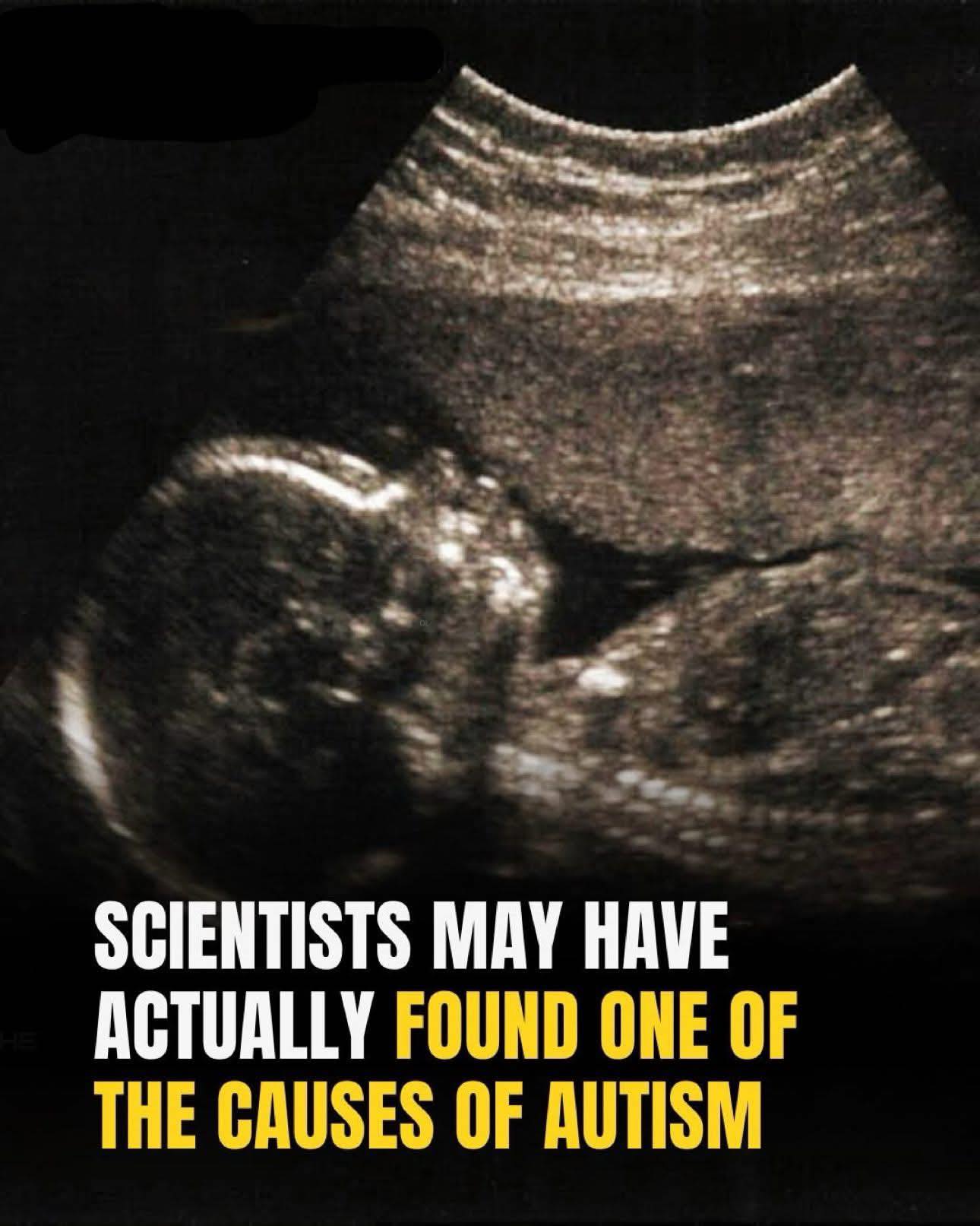Introduction:
In recent years, emerging research has highlighted the significant role our gut microbiota plays in shaping our overall health. From mental well-being to vulnerability to autoimmune diseases, the microbiome’s impact is profound. A new study published in The Journal of Immunology sheds light on a potential connection between the gut microbiome and the development of autism, offering new insights into this complex condition.
Understanding Autism:
The World Health Organization (WHO) defines autism as a group of conditions affecting brain development, primarily impacting social interaction and communication. People with autism often face co-occurring conditions like epilepsy, depression, anxiety, ADHD, and challenging behaviors such as difficulty sleeping or self-injury. However, the intellectual capabilities of individuals with autism can vary significantly.
The Role of the Microbiome:
The research suggests that a person’s microbiota, particularly that of their mother, may play a more significant role in the development of autism than previously understood. According to John Lukens, lead researcher and Ph.D. student at the University of Virginia School of Medicine, “The microbiome is really important to the calibration of how the offspring’s immune system is going to respond to an infection, injury, or stress.”
The Key Molecule – IL-17a:
One molecule identified in the study, interleukin-17a (IL-17a), produced by the immune system, has been linked to conditions like psoriasis, multiple sclerosis, and rheumatoid arthritis. IL-17a is crucial in defending the body against fungal infections but also appears to influence brain development in the womb. The study suggests that this cytokine could play a significant role in the development of neurodevelopmental disorders like autism.
Experimental Findings:
Researchers tested their hypothesis on mice with different gut microbiotas. The group of mice with bacteria linked to stronger inflammatory responses (triggered by IL-17a) showed typical autism-like behavior, including repetitive actions, after their immune system response was suppressed. In contrast, mice from a control group did not show these behaviors.
In a subsequent experiment, researchers performed a fecal transplant, transferring gut bacteria from the pro-inflammatory group into the control group. As expected, the mice from the control group also exhibited autism-like behaviors. This reinforced the theory that gut bacteria, in tandem with IL-17a, may have a significant influence on brain development and the manifestation of autism.
Implications for Human Health:
Although the study was conducted on mice, it offers a foundation for further research into how the microbiome—especially that of mothers—affects the development of neurodevelopmental disorders. Lukens emphasized that the next step in this research is to identify specific features of the microbiome in pregnant mothers that correlate with an increased risk of autism.
However, Lukens cautioned that manipulating the immune system, particularly during pregnancy, could come with risks. Pregnancy involves maintaining a delicate balance of immune regulation, as the body must accept foreign tissue (the fetus). Therefore, directly blocking IL-17a during pregnancy may have unintended consequences.
The Path Forward:
While IL-17a presents an interesting target, Lukens suggests that there are many other molecules in the immune system worth investigating. IL-17a may only represent a small piece of a much larger puzzle that researchers are still trying to solve.
Conclusion:
The new research opens up exciting possibilities for understanding the underlying causes of autism, particularly in how maternal health and gut bacteria may influence neurodevelopment. While more research is needed, the findings could eventually lead to interventions that help prevent or mitigate the development of autism.
Please SHARE this article with your family and friends on Facebook.




